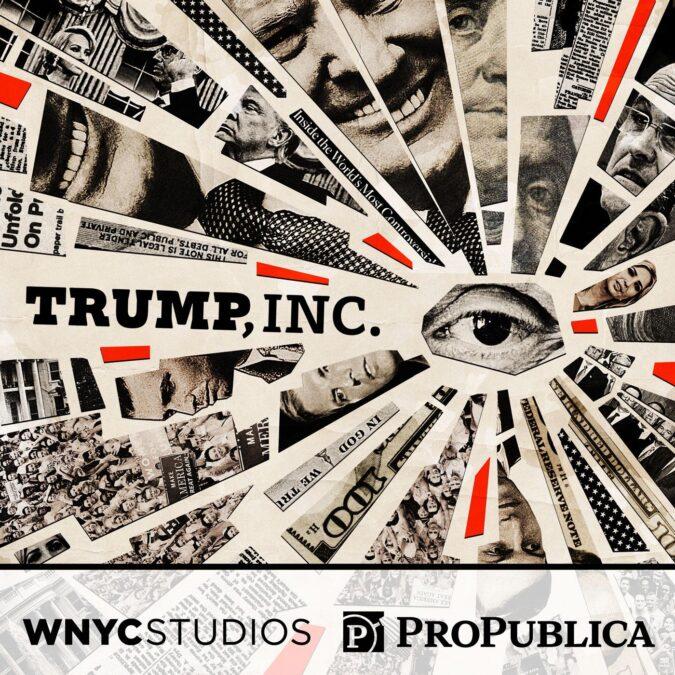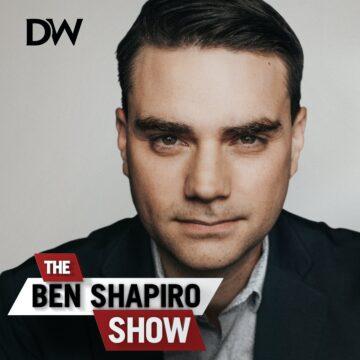We’ve seen headline after head-spinning headline about Jared Kushner, son-in-law of President Donald Trump. We’ve heard that his company has been on a global search for cash, that it got giant loans from two big financial institutions after Kushner met with officials from those companies at the White House, and that countries believed they could manipulate Kushner through his “complex” business arrangements.
Like his father-in-law, Kushner has not fully divested from his family’s business, Kushner Companies. His disclosure forms show he owns at least $761 million in assets. Meanwhile, the company owes hundreds of millions of dollars in debt that comes due in less than a year.
All of this while Kushner Companies has worked very hard to keep some of its partners a secret.
It gets back to a familiar question: How can we know whether Kushner is operating in the interests of the country or his company?
A spokeswoman for the Kushner Companies said in an email that it “is financially very strong” and that “Jared Kushner is not in any way involved in the management of the business.”
Peter Mirijanian, spokesman for Jared Kushner’s attorney, said in a statement Kushner’s meetings are “to hear ideas about improving the American economy” and that he “has followed the ethics advice he has received for all of his work which include the separation from his business and recusals when appropriate.”
Joining us on this episode are David Kocieniewski and Caleb Melby of Bloomberg, who’ve broken a series of stories about the Kushner Companies’ financial stress. They take WNYC and ProPublica on a tour of some of the real estate company’s marquee properties.
Then we take a different kind of tour with ProPublica’s Alec MacGillis. For the past year, he’s been tracking the travails of tenants living in apartment complexes in Baltimore owned by Kushner Companies — and the extent to which the real estate company has gone to keep its partners secret.



